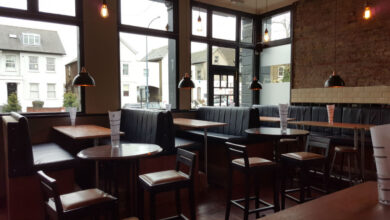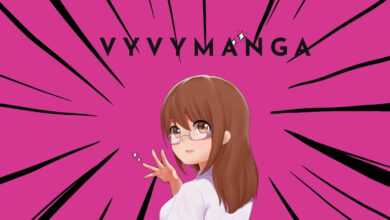Have you ever wondered why your little one tosses and turns all night, or maybe breathes a bit too loudly in their sleep? It could be more than just bedtime antics – they might be dealing with something called sleep apnea.
Yes, kids can have it too! Yet don’t worry, we’re here to shed some light on the signs you need to watch out for. Knowing these clues can help you catch sleep apnea early and get your child the help they need to sleep soundly and stay healthy. So, let’s dive in and uncover the common signs of sleep apnea in a small child!
Restless Sleep
Children with sleep apnea often experience restless sleep. They may toss and turn frequently throughout the night, unable to find a comfortable position. Restless sleep can result from the body’s attempts to reopen the blocked airway, disrupting the natural sleep cycle and preventing restorative sleep.
Behavioral Problems
Sleep apnea can have a significant impact on a child’s behavior and cognitive function. Children with untreated sleep apnea may exhibit symptoms such as irritability, mood swings, and difficulty concentrating. These behavioral problems can interfere with their performance at school and their interactions with peers.
Heavy Breathing
Sometimes, kids with sleep apnea breathe loudly when they sleep. It’s like their breath is heavy or hard. This happens because their airway gets blocked while they sleep, making it tough for them to breathe normally.
In some cases, a kid can stop snoring with oral appliance therapy or lifestyle changes. These are ways to help them breathe better at night and sleep more peacefully.
Sleep Terrors
Another sign of sleep apnea in small children is having sleep terrors or night terrors. These episodes involve sudden awakening from sleep accompanied by intense fear and confusion. While sleep terrors can occur in children for various reasons, they may be more frequent in those with sleep apnea due to disrupted sleep patterns.
Bedwetting
Sometimes, kids with sleep apnea wet the bed at night. This happens because they sleep deeply and don’t wake up to pee. Bedwetting can be caused by different things, but if your child also has other signs of sleep apnea, it’s important to talk to a doctor about it.
Daytime Sleepiness
While it may seem counterintuitive, children with sleep apnea may experience excessive daytime sleepiness despite spending a significant portion of the night in bed. This is because the interruptions in breathing during sleep prevent them from achieving restful sleep, resulting in fatigue and drowsiness during the day. Daytime sleepiness can impact their performance in school and other activities.
Poor Growth
Untreated sleep apnea can affect a child’s growth and development. Children with sleep apnea may experience delays in physical growth, as well as issues with cognitive and behavioral development. If you notice that your child is not growing at the expected rate or is falling behind in developmental milestones, it’s essential to consider the possibility of sleep apnea as a contributing factor.
Ensuring Better Sleep for Your Small Child
A small child can experience sleep apnea, a sleep disorder characterized by pauses in breathing during sleep. Recognizing the signs of sleep apnea is crucial for timely intervention.
Taking care of your child’s health is vital. If you think something’s not right with their sleep, it’s okay to ask a doctor for help. They can give you tips to make things better and keep your child healthy and happy. So, don’t be afraid to talk to a doctor if you’re worried about your child’s sleep or how they’re feeling.
Discover more great content from our blog today!





